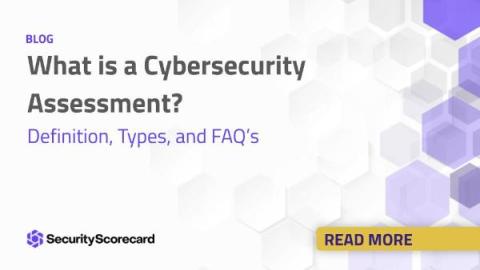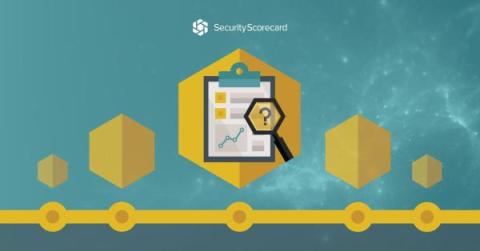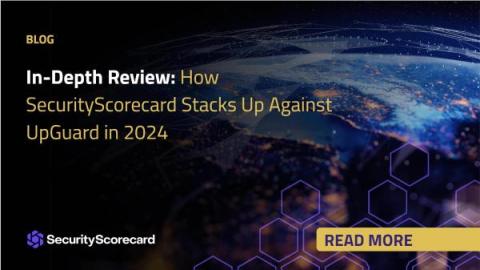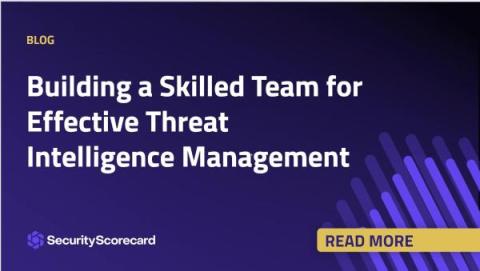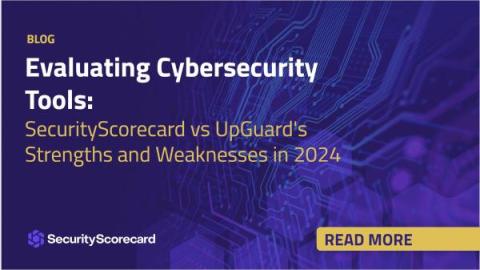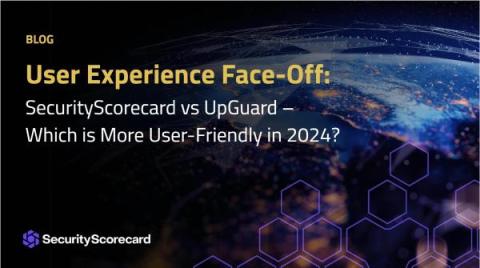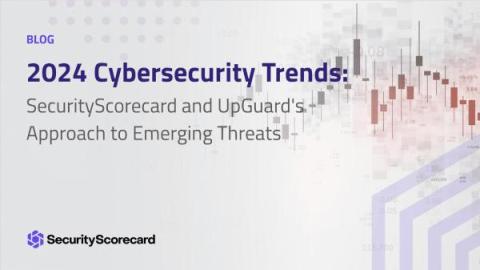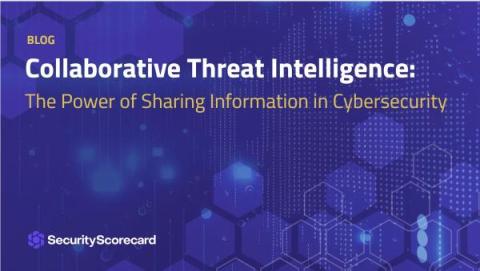Security | Threat Detection | Cyberattacks | DevSecOps | Compliance
Latest Posts
What is a Cybersecurity Assessment?
Routine cybersecurity assessments are a crucial component of a holistic risk management program. Your organization must keep an eye on the cyber hygiene of its entire ecosystem, including third- and fourth-party vendors, at all times. A cybersecurity risk assessment allows you to do this by identifying the cyber risks that affect your security posture, which leads to more informed decision-making on how best to allocate funds, implement security controls, and protect the network.
How to Perform A Cybersecurity Risk Analysis in 2024
Risk analysis is defined as the process of identifying, reviewing, and analyzing any existing or potential cybersecurity risks that could negatively impact a business. Performing a cybersecurity risk analysis helps your company identify, manage, and safeguard data, information, and assets that could be vulnerable to a cyber attack. Such an analysis helps to identify systems and resources, determine the risk, and create a plan for security controls that can help protect your company.
In-Depth Review: How SecurityScorecard Stacks Up Against UpGuard in 2024
In the dynamic world of cybersecurity, choosing the right platform can be pivotal for an organization’s digital safety. As we delve into 2024, two major players, SecurityScorecard and UpGuard, continue to make waves. This in-depth review compares these two companies and highlights how SecurityScorecard’s offerings often outshine those of UpGuard.
Building a Skilled Team for Effective Threat Intelligence Management
In the fast-paced world of cybersecurity, assembling a team skilled in threat intelligence is crucial. This article outlines key steps to train and develop a proficient cybersecurity team, ensuring they are equipped to handle evolving cyber threats effectively.
Evaluating Threat Intelligence Platforms: A Guide for IT Leaders
In today’s rapidly evolving cybersecurity landscape, selecting the right threat intelligence platform is crucial for IT leaders. This comprehensive guide focuses on essential factors to consider when evaluating a threat intelligence platform, ensuring it aligns perfectly with your organization’s needs.
Evaluating Cybersecurity Tools: SecurityScorecard vs UpGuard's Strengths and Weaknesses in 2024
In the rapidly evolving field of cybersecurity, choosing the right tool can be a game-changer for businesses. As we move into 2024, two major players stand out: SecurityScorecard and UpGuard. Let’s delve into a comprehensive comparison of their services, pricing, and notable features to understand their strengths and weaknesses.
User Experience Face-Off: SecurityScorecard vs UpGuard - Which is More User-Friendly in 2024?
In 2024, cybersecurity remains a top priority for businesses across the globe. Two major players in this realm are SecurityScorecard and UpGuard, each offering robust cybersecurity solutions. However, the user experience they provide can be a deciding factor for many organizations. This post compares the user-friendliness of SecurityScorecard and UpGuard, examining their services, pricing, and other notable features.
2024 Cybersecurity Trends: SecurityScorecard and UpGuard's Approach to Emerging Threats
As we venture into 2024, the cybersecurity landscape continues to evolve with new and sophisticated cyber threats. In this dynamic environment, two prominent players, SecurityScorecard and UpGuard, have distinct approaches to tackling these challenges. Let’s delve into how these companies address emerging cyber threats, comparing their services, pricing, and notable features.
Collaborative Threat Intelligence: The Power of Sharing Information in Cybersecurity
In the ever-evolving world of cybersecurity, the concept of collaborative threat intelligence has emerged as a crucial element in a comprehensive defense strategy. Cyber threats no longer exist in isolated pockets; they are a global phenomenon affecting organizations across all sectors and sizes. The need for collective vigilance and sharing of threat intelligence has never been more pressing.



